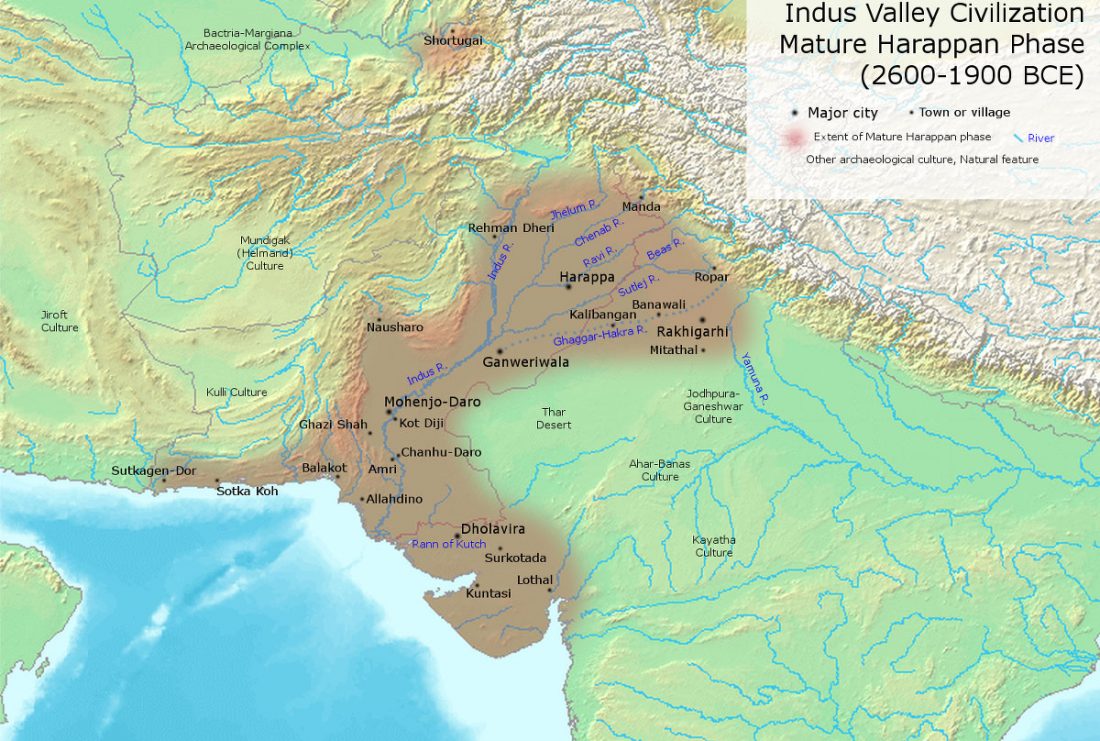New open access paper Archaeological and anthropological studies on the Harappan cemetery of Rakhigarhi, India, by Shinde, Kim, Wo, et al. PLOS One (2018) 13(2): e0192299.
Abstract:
… Read the rest “Archaeological and anthropological studies on the Harappan cemetery of Rakhigarhi, India”An insufficient number of archaeological surveys has been carried out to date on Harappan Civilization cemeteries. One case in point is the necropolis at Rakhigarhi site (Haryana, India), one of the largest cities of the Harappan Civilization, where most burials within the cemetery remained uninvestigated. Over the course of the past three seasons (2013 to 2016), we therefore conducted excavations in an attempt to remedy this data shortfall. In brief, we found
